The LIS course is like trying to do a puzzle
.jpg)
The LIS course is like trying to do a puzzle with no idea what the picture is supposed to be. You do your prep work and go to lessons, which I’d compare to putting the edge pieces together, but you’re still not completely sure what is going on. You start to look for and recognise patterns in the rest of the pieces with the help of your lecturers. By the end of term, you’ve put together something with a few missing patches here and there, but you can finally see what the bigger picture is supposed to be. And even those patches are important because they tell you what you’re missing, what still needs to be explored.
This analogy makes sense when you consider that LIS takes a problem-based learning approach to teaching. Now, this is where it gets complicated so bear with me, please! Having been through a year of friends and family asking me what I do at uni, I have somewhat of an elevator pitch prepared.
Each term teaches a key skill that is grounded in a real-world problem. For example, last term’s problem was technology and ethics, and the skill was criticality. The term culminates in a group report which responds to a problem statement from the problem area, so we learn different disciplinary perspectives that are relevant. (If you ignore the LIS jargon, essentially, we learn about different subjects that can help us better understand the problem).
The perspectives last term were political legal theory and data studies, with a choice of either supply chain management or technology and culture. Having multiple perspectives allows for richer integration, which leads to deeper insights. Being made to consider how supply chains and political theory interact stretches your imagination and challenges you intellectually.
It’s not as wishy-washy as it seems; assignments are very rigorous, with an emphasis on grounding in literature. And as if that wasn’t enough, students also take method modules. This is split roughly into quantitative (statistical analysis, data science, etc.) and qualitative methods (thematic analysis, videography, etc.).
As a second year, I chose my method modules, which led me to making a dagger in a blacksmith’s forge. For context, that was during materials and making, my quant module for the term. In typical LIS fashion, this module wasn’t limited to materials science, but instead focused on sustainability and connecting to the physical world around us. It led to some insane exploration and creation, such as making mushroom leather and bioplastics and knitting with plastic bags.
Last term, I also took a module on mental models and superconcepts. Just to make things nice and confusing, it was a methods module that was neither qual nor quant! Given that it took 10 weeks to teach, I will not even attempt to explain each term and how they may overlap (but this may be a good place to start for mental models. For superconcepts, see Carl). The purpose of the module was to facilitate perspective taking and to provide tools for creative thinking, unrestricted by disciplinary boundaries, and as much as it made my brain hurt in the process, it was very successful.
As hard as it is to juggle the workload and (headspace) for intrinsically different modules, nothing prepares you for the variety and depth of assignments. Last term I submitted a video essay, a materials selection report, a critical appraisal, a reflective essay, a scientific report, a product, a portfolio, a group report and a vision paper.
The problem with interdisciplinary learning, and assessments, is that it doesn’t play to your strengths. You’re constantly pushed out of your comfort zone and are expected to do things outside of your current abilities. It is absolute hell, especially as you still have to somehow stay on top of prep work and attend lectures.
That being said, it is also an invaluable experience. While I don’t welcome the stress and anxiety, I’ve become so accustomed to doing things I can’t do, that I’ve become comfortable with the discomfort. It’s made me realise that the skills required to create these different pieces of work aren’t beyond me, and its more a matter of having enough time and self-teaching.
I’ve definitely not managed to create publishable level work as a uni student with limited time and means, but I can look forward to not having to do sit the same style of assessments for every module.
Group work at LIS isn’t different to any other uni. It’s annoying, time-consuming, difficult and no one’s completely satisfied by the end. While there’s always going to be people who don’t pull their own weight and arguments, group work at LIS has the potential to be more rewarding. Working on real problems for real clients raises the stakes, but also gives the work more meaning. Even the integration that takes place while writing the report is rewarding. As I said before, forcing your brain to find connections leads to new, weird and wonderful insights that could potentially help solve a complex problem.
Although I’ve not been meaning to put you off LIS, it’s okay if I have. It’s not for everyone, but you may not know until you try. I’m still not sure if it’s for me, but the pieces are slowly falling into place.
Share this story
Sign up for our newsletter
Don't miss out on important updates including course information, new announcements, Open Day dates and the latest LIS news.

.jpg)



































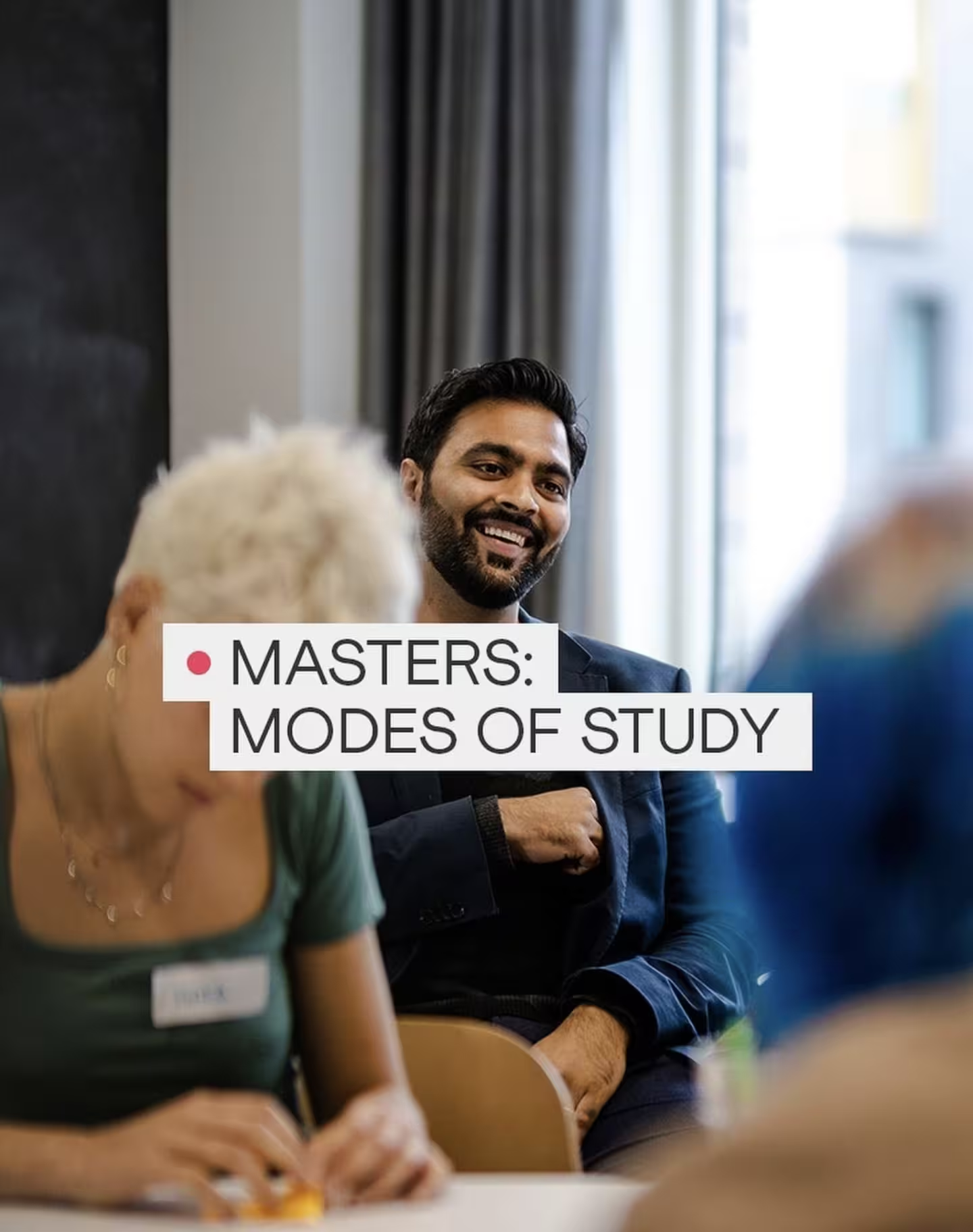
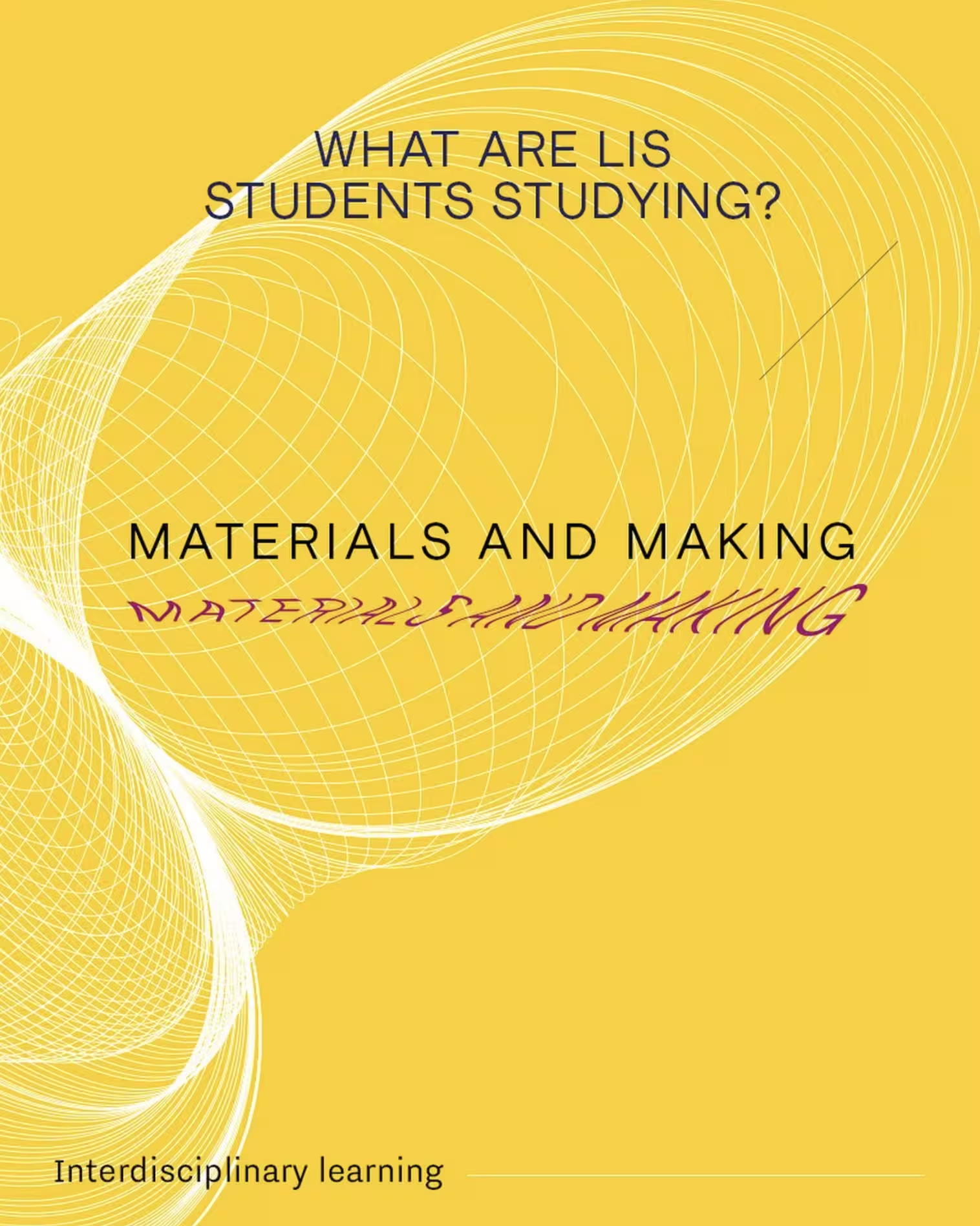
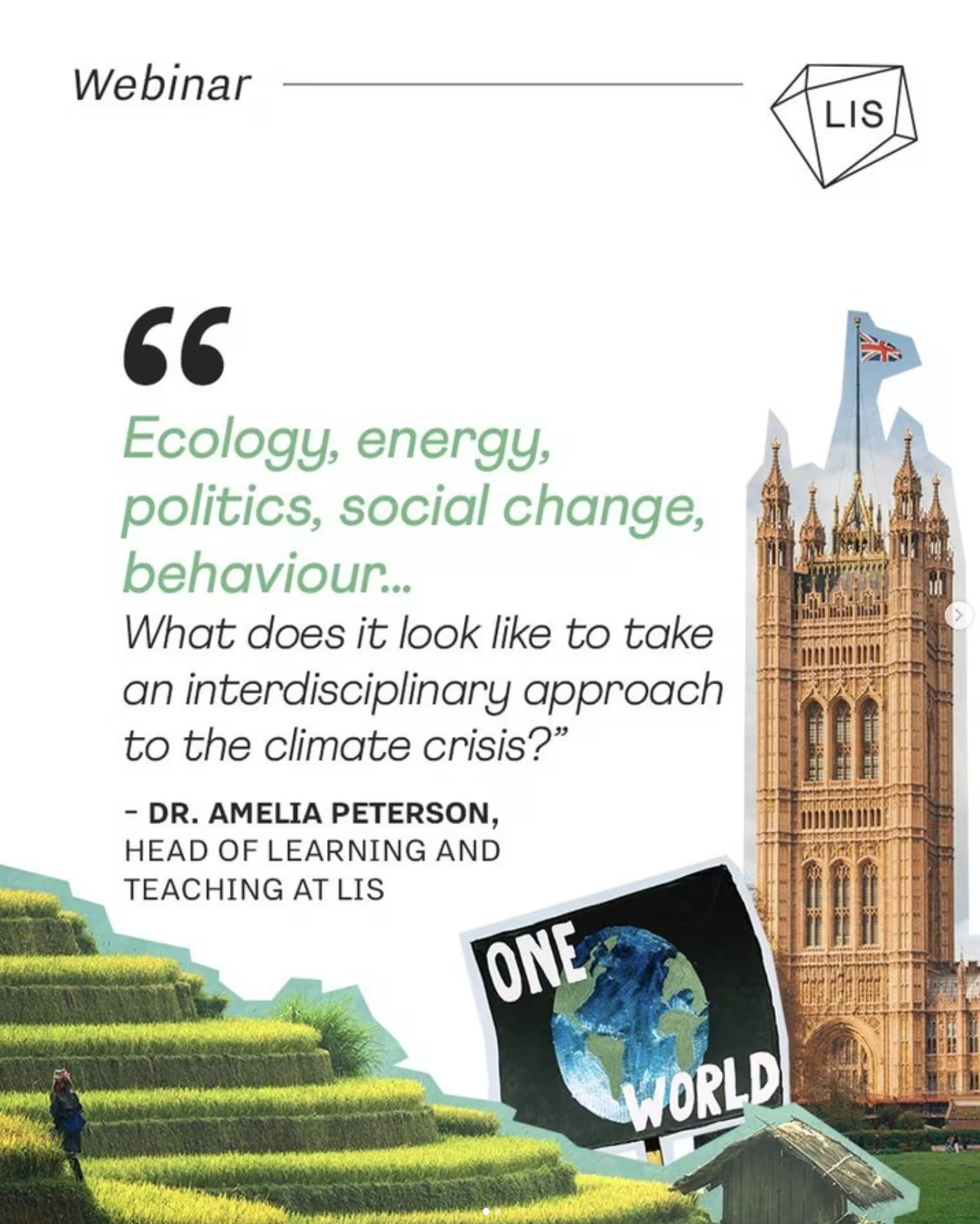






.svg)

.svg)
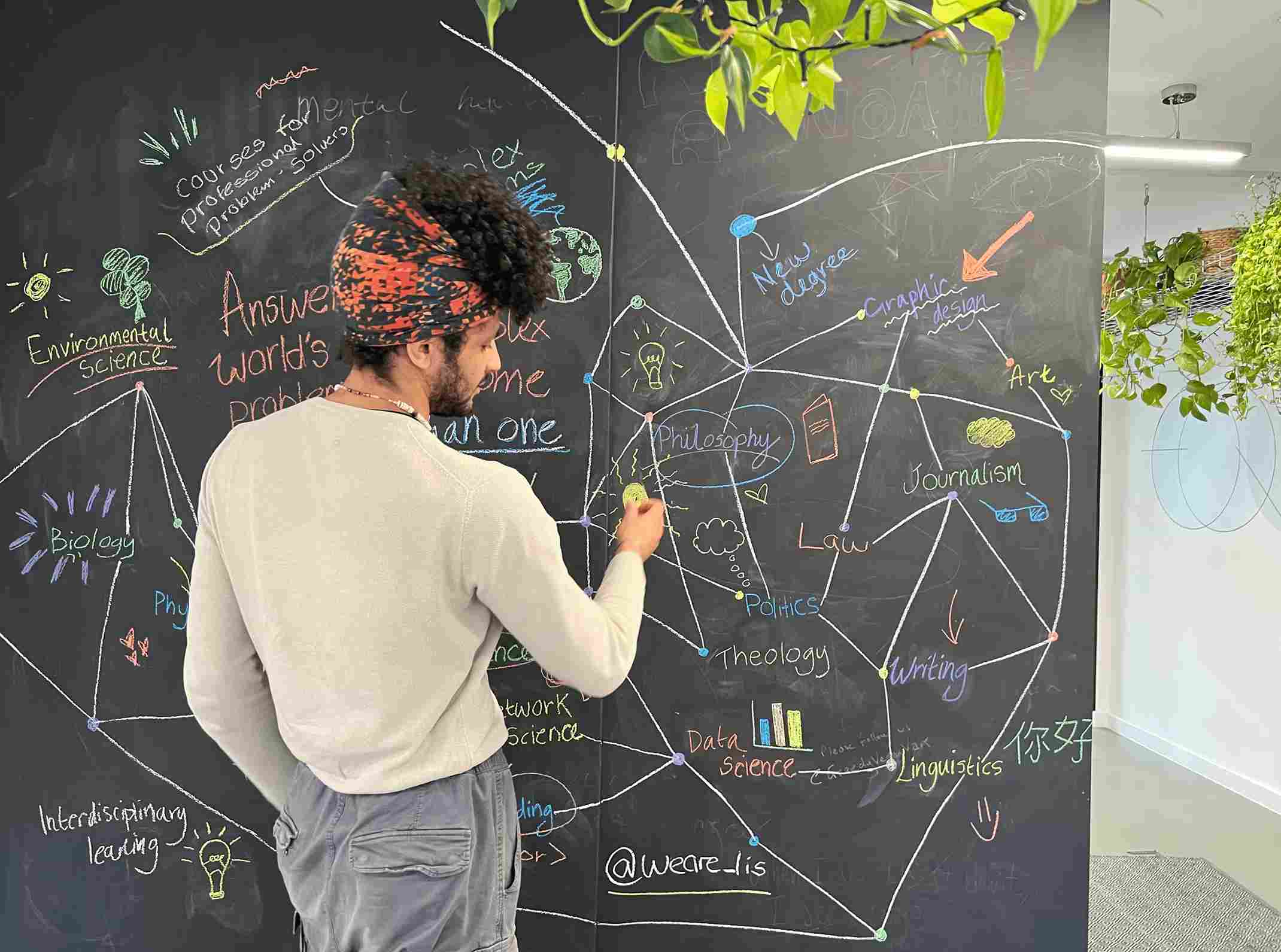







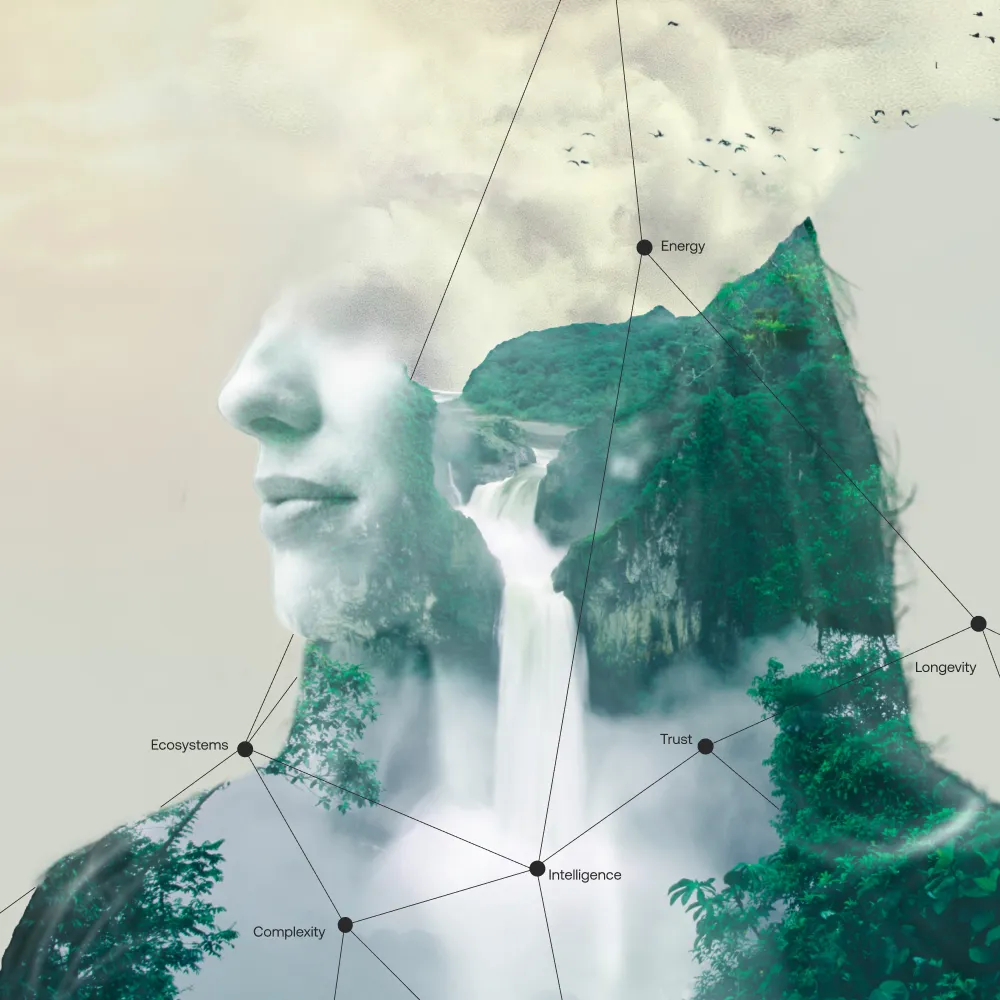
.webp)
This is a comment related to the post above. It was submitted in a form, formatted by Make, and then approved by an admin. After getting approved, it was sent to Webflow and stored in a rich text field.